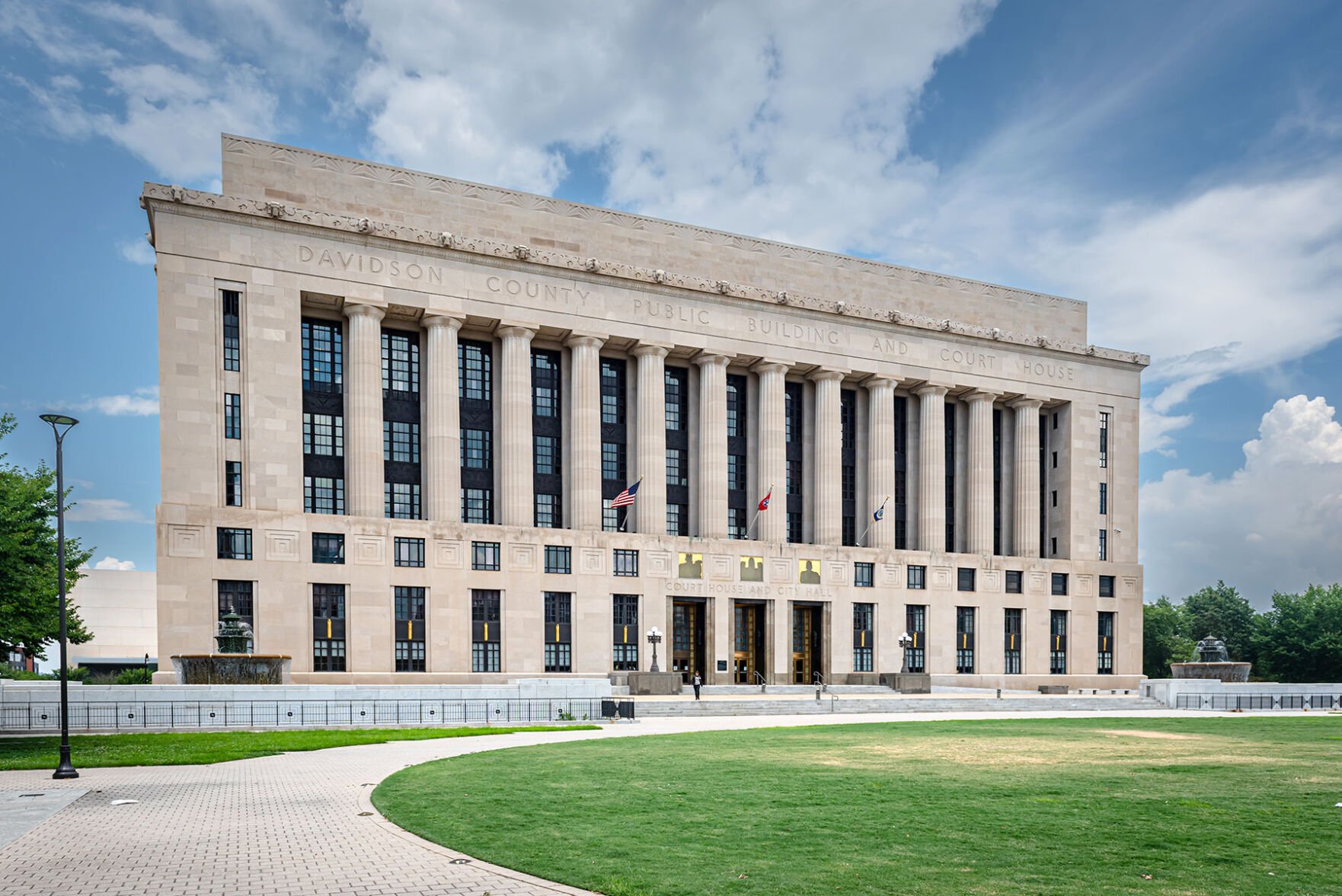Gov. Bill Lee on Thursday signed legislation capping metropolitan legislative bodies in the state at 20 members. The language as written strictly applies to Nashville-Davidson County’s Metro Council.
Lee signed the bill almost immediately after the state Senate voted to approve it, a departure from standard procedure in which it can take days for a governor to approve legislation.
The Senate voted 23-7 in favor of the legislation, with Democrats and one Republican, Wilson County Sen. Mark Pody, opposing it. Pody picked up a portion of Davidson County in the latest redistricting process and is the only Republican in the legislature to represent any part of Nashville. Republican Sens. Kerry Roberts of Springfield and Frank Niceley of Strawberry Plains abstained.
The Senate vote followed House approval earlier this week.
Metro Legal Director Wally Dietz issued a lengthy statement condemning the legislation Thursday. He writes that the law contains “several serious legal defects which will make [it] impossible to legally implement.”
Among his criticisms of the law: It is too late in the Metro election process, with a May qualifying deadline and July early voting, to completely redraw districts and allow time for candidates to campaign. One possible avenue should Metro officials be unable to draw new districts in time for elections later this year is delaying Metro Council elections until 2024, with current members serving an unprecedented fifth year. The Metro Planning Department is already working on new maps.
“The confusion and uncertainty that follows will be prime for legal challenges from a range of affected parties,” Dietz writes.
The Metro attorney also argued that the legislation violates the Tennessee Constitution. Critics have noted that its unique application to Nashville unfairly and illegally singles the city out. There are two other metropolitan governments in the state, in counties with significantly smaller populations, though their legislative bodies cap out at 20 members already.
“We hope cooler heads will prevail, but in the event they do not, we are prepared to vigorously defend the constitutional rights of our city and its residents,” he concludes.
The Nashville Interdenominational Ministers Fellowship, an influential group of local Black clergy, has also threatened legal action over the bill.
Nashville’s Metro Council has had 40 members — 35 district representatives and five at-large members — since Nashville and Davidson County consolidated into one governmental body six decades ago.
The push to cut the council has been described by supporters as both punishment for the body’s refusal to support a bid for the Republican National Convention in 2024 and an effort at boosting governmental efficiency. Nashville voters in 2015 rejected an initiative to reduce the council to 27 members.





